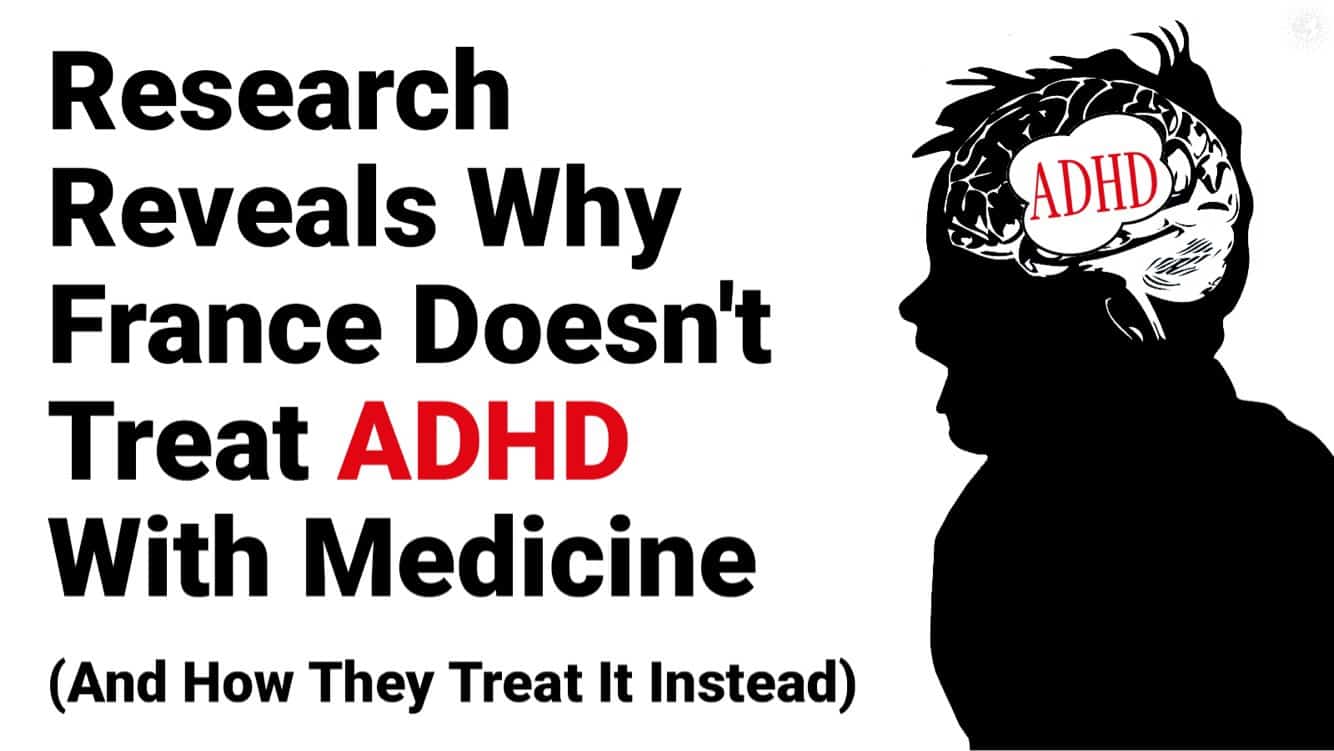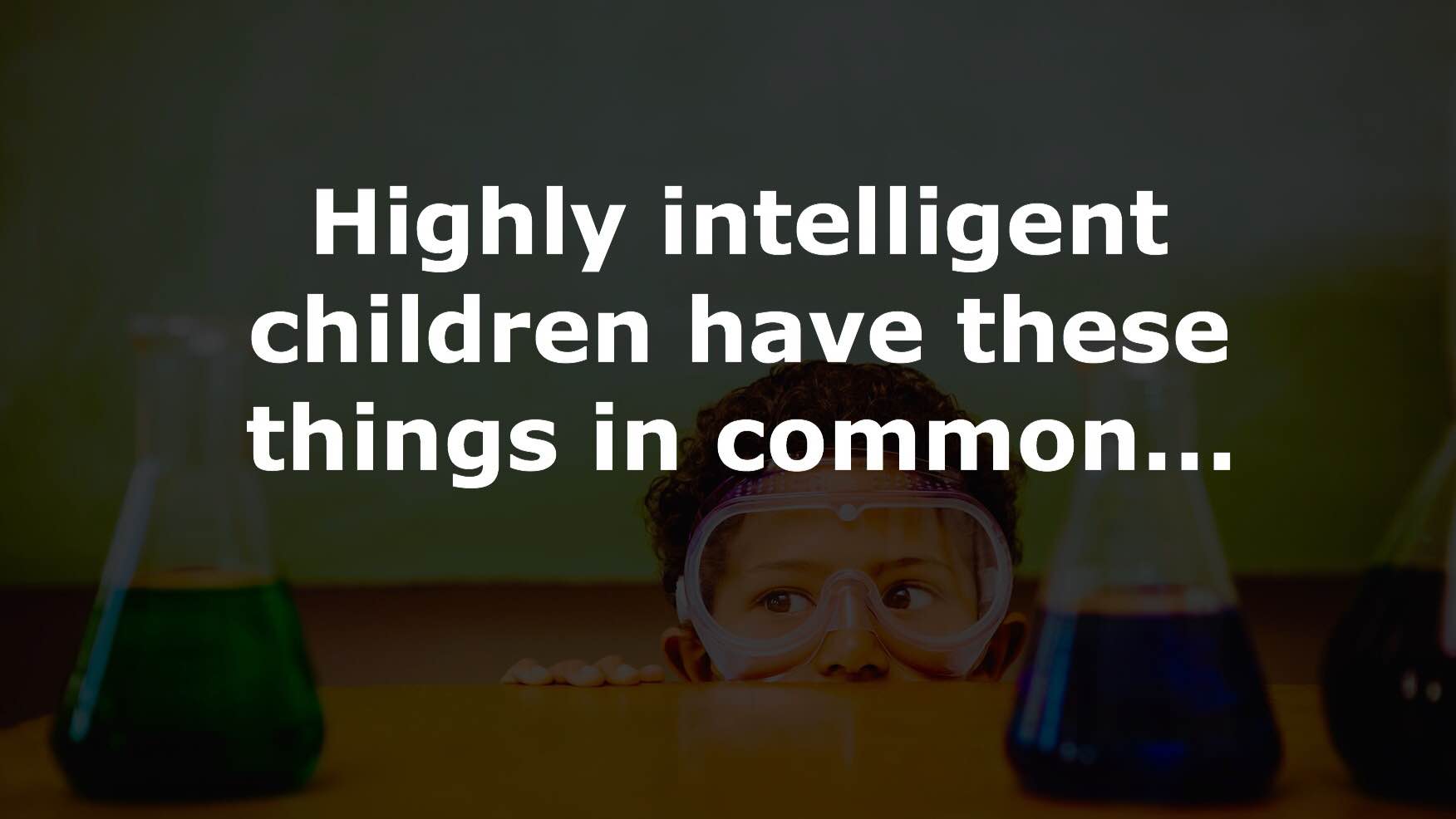Attention Deficit Hyperactivity Disorder, or ADHD, describes an abnormal sensitivity to what children or adults experience, and new research reveals why in France, medical professionals treat it without prescribing any medicine. Medication to treat ADHD is focused on changing brain chemistry, but is it really necessary, or can problems with inattention be treated without drugs?
Is ADHD just fidgeting or is it a disorder?
Fidgety children are often thought of as behaving badly in social situations when adults would prefer for them to be quiet and out of the way. However, it is the natural state of children to be active and more energetic than adults. Active children are arguably healthier than those who sit still because their muscles are moving.
Once the social rule is given to a child “sit still, behave,” we assume that they naturally want to obey our command, otherwise they would be labeled disobedient, and being disobedient is ‘bad’ behavior. However, some children experience involuntary muscle twitches or extreme sensitivity to touch on their skin that may make sitting still quite impossible, regardless of their desire to obey.
Will versus skill in controlling our behavior
An inability or lack of desire to control undesirable fidgety behavior has been viewed in some cultures as a morality problem, with children who have ADHD being labeled as ‘naughty,’ ‘willful,’ or ‘undisciplined.’ This labeling does not serve the child, and instead makes them feel less-than those who do not have this difficulty.
Children with ADHD who face this negative association with being poorly behaved may find it even more difficult to get along with other children in social settings. Peers may avoid them due to a desire to avoid association with naughty children. Remember, we use ‘naughty’ to explain why children might not get presents for Christmas.
Improving ADHD Without Medicine
Researchers in the Journal of Attention Disorders studied children with ADHD who experience peer problems that may place them at risk for adverse outcomes, like isolation. The study linked specific behaviors to peer functioning in groups of children with ADHD. They found if children offered to help a friend and made sure that they followed all of the rules, they got along better with other children and were more successful in school.
Increasing self-regard or self-esteem is also of high importance for improving symptoms that are associated with ADHD. Children who learn to unconditionally accept themselves in spite of others’ judgments attain a greater level of confidence in their ability to persist in spite of challenges.
Medicating Genetic Differences Won’t Cure ADHD
Whenever we can treat a symptom naturally without chemical intervention into the body, we should seek that natural remedy. Our modern medical system seems to have profitability as a priority and unfortunately, there are often incentives for medical providers to over-diagnose ADHD. A diagnosis means that they can establish an ongoing treatment plan and then overprescribe a pharmaceutical remedy.
The brain may have abnormalities associated with the symptoms of ADHD, which is another reason why in France they do not use medication to treat the disorder. In a review of the history of ADHD by the National Institutes of Health, researchers describe that there may be a genetic, inherited component to the inability to pay attention. The researchers say “Twin studies show that ADHD is a highly heritable disorder. Neuroimaging studies show that ADHD patients have abnormalities in frontal-subcortical-cerebellar systems involved in the regulation of attention, motor behavior, and inhibition.
From possible genetic causes of ADHD to behavioral solutions that work, medical providers in France have an understanding of the reasons that medicine doesn’t effectively treat ADHD. This research will hopefully avoid unnecessary pharmaceutical prescriptions for drugs that could cause more harm than they do good.
https://youtu.be/lFdcCXmGpy4














 Community
Community

